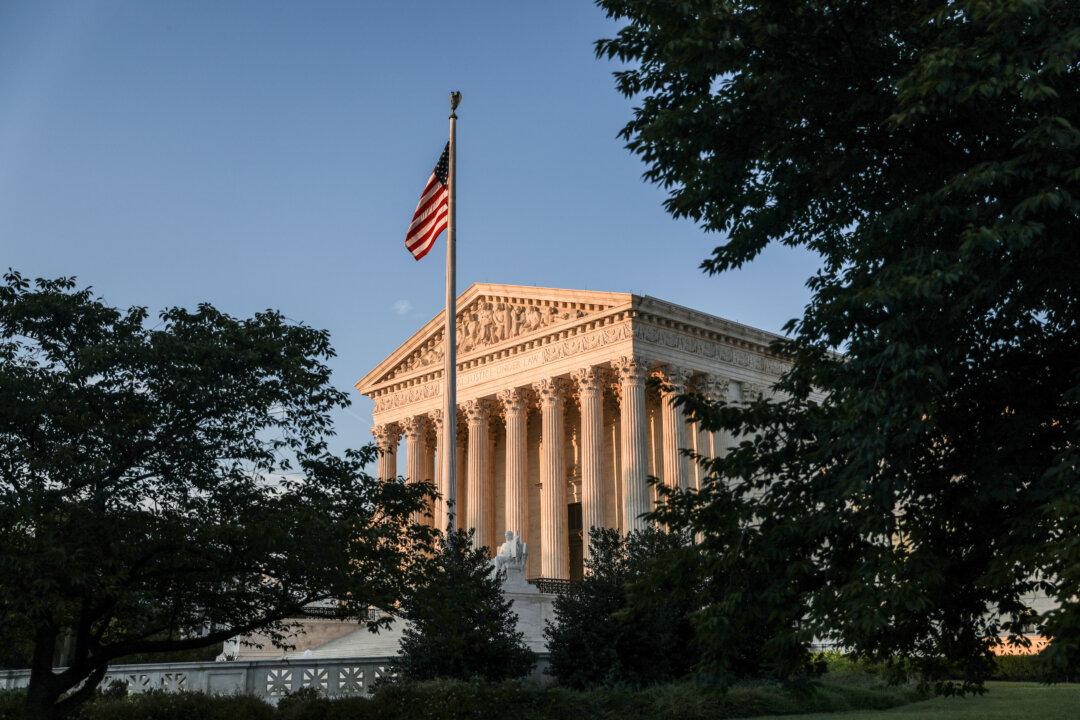Minutes after the Supreme Court narrowly rejected the administration’s rationale for asking individuals responding to the 2020 Census whether they are U.S. citizens, President Donald Trump criticized the court’s decision and suggested delaying the census to give officials a chance to satisfy the court’s concerns.
The census counts both legal and illegal residents of the United States, and is important because the results are used to allocate federal dollars and determine representation in Congress.





